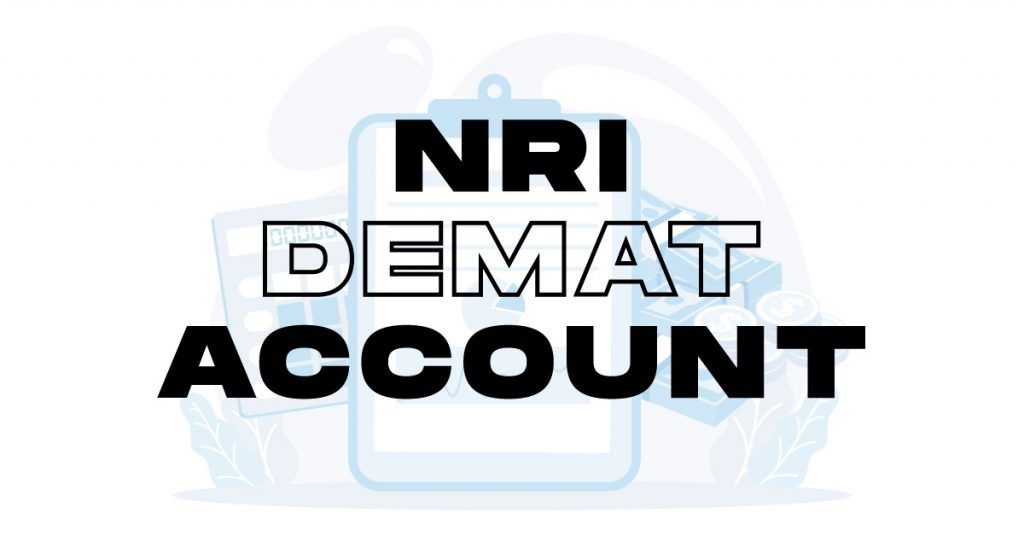What is Pre-Apply in IPO?
Written by Upstox Desk
Published on February 10, 2026 | 9 min read

If you are a savvy investor, you will ensure that you understand and comprehend everything at your disposal to make the right investment choices. But, once you step away from standard bonds and stocks, the world of financial instruments becomes increasingly complex.
Thus, you must understand how everything works and be wary of the pros and cons of every aspect. When it comes to Initial Public Offerings (IPOs), people confuse a pre-IPO and an IPO.
In this post, we’ve highlighted everything about pre-apply in IPO and whether you should go ahead with it.
Pre-Apply in IPO
A pre-apply or a pre-IPO is the same as an IPO, as it offers you a chance to buy stakes in a company. However, that is where all the similarities end. One of the striking differences is that it takes place in a private company, not a public one, unlike an IPO.
Whenever a company comes with this offering, it has not registered for the initial public offering on any of the stock markets. Still, it tries to raise funds through this method to go public one day. However, whether the company will go public or not is not guaranteed. Moreover, since the firm is private, it doesn’t receive the same scrutiny as other listed companies from SEBI. With this, investors might not have access to complete transparency.
The pre-apply is also subjected to a period of lockup, which averts buyers from going away and selling the shares instantly. These shares are not for everybody due to the lack of public awareness or knowledge. Earlier, pre-IPOs were only accessible by hedge funds, private equity companies, banks, and other categories. However, such is no longer the case. By choosing the right business and looking after its growth trend, anybody can invest in private companies.
How does pre-apply in IPO work?
Sharebrokers manage pre-IPOs. Thus, if you wish to invest in one, you must find a credible broker and communicate with them. And then, the broker will help you find all the companies currently accepting pre-investments along with the price of every share. You will also need to figure out the brokerage fee you must pay to complete the purchase.
Once you agree to the brokerage fee and the share’s price, you have to transfer the investment amount to your broker, who will send this money to the company. After that, the shares will be transferred to your Demat account by either the same evening or the next morning. The purchase will be completed if your Demat account displays the ISIN numbers of all the unlisted shares.
You can even choose the mutual fund method to invest in these companies. Some of the mutual fund houses come up with IPO-based thematic funds that invest in recently listed companies or firms planning to go public.
Moreover, with such an investment, there is no restricted cap on the amount you can put in, unlike IPOs. Thus, you can invest as much as you wish, based on your financial potential and risk profile.
Things to Consider Before Investing in Pre-Apply in IPO
-
Liquidity
As these companies are private, the company’s shares may have lower liquidity than listed companies. Brokers sell the shares of these companies. Thus, both sellers and buyers depend upon the inputs of brokers. And, in case buyers or sellers are scarce, buying and selling shares will become a hassle. This is why many investors put their money in companies that have a long-term horizon.
-
The Fundamentals of the Company
Though a private company may not disclose extensive information about its operations, you should still make it a point to acquire as many details as possible to evaluate the company’s growth prospects and financial situation. Usually, the official website of the Ministry of Corporate Affairs (MCA) comprises essential information regarding companies. You can also seek information from the company’s or a broker’s website. Also, continue scanning the latest and current news about the company by reading newspapers and media sites.
-
The Likelihood of Going Public
A company that is at a late stage has more possibility of getting listed or going public. Such firms are more likely to create better value for investors. Not just that, but they also provide high liquidity and facilitate the ease of selling stakes once the listing is done. Further, selling the stakes of a listed firm is way more advantageous from a tax perspective.
How to invest in pre-IPO stocks?
From a plethora of businesses available out there, finding the right one is quite difficult. On top of that, finding a method to invest in such companies is even tougher. But there are varying methods to invest in these companies, like:
- Get in touch with a specialized individual or company with experience in pre-IPO shares and capital raising. They will advise and guide you on investing in such a business.
- Stay updated with the latest news on startups that are going well and thriving in their industries.
- Consult your bank to get the latest information on businesses trying to acquire funding.
- Expand your business network.
- Set foot in the angel community by becoming an investor.
Benefits of Pre-Apply in IPO
Despite the challenges and risks, pre-apply in IPO offers plenty of benefits. Here are some of the benefits:
-
Pre-IPO Firms Have Strong Business Models
Since unlisted firms have a lower valuation, they have been existing for a minimum of a year and are well-versed in making money. This is essential as it reflects their strong and functional business model. On the other hand, whenever a company turns into a public holding, its valuation increases, and it is bound to contend against larger players.
A private company raising funds will not have to face such challenges, at least not yet, which should be a green signal of purchasing into their substantial business at a decreased cost. With this, you can easily get first dibs on the profit, meaning if you are the first to invest in the firm’s IPO, you can cash out your stakes the moment the company begins trading.
-
Companies Provide Detailed Plans
Generally, these companies reveal more information than those with post-initial public offerings. Considering that such companies don’t have to raise extra capital, they can easily invest time developing comprehensive plans and reports for investors. Even if you think you are not willing to buy equity immediately, once you start involving with the details of the company, you get to establish a strong relationship.
Private companies typically take failure quite seriously in contrast to public corporations. The latter is more into revealing quarterly earnings reports and prioritizing the interest of shareholders. On the other hand, while private firms have lesser incentives, they pay more attention to success than failure.
-
Provide Best Value for Money
Investing in pre-apply stocks lets you access the company at a portion of its market value. This means you can rest assured of earning high returns on your investment. Comparatively, IPOs might turn out to be an inexpensive option since you can get one at a decreased price, but it only happens if you have passed the initial obstacles.
Disadvantages of Pre-Apply in IPO
Talking about the other side of the coin, here are some disadvantages you may have to face when investing in an unlisted company:
-
Offers Low Returns
Companies trying to raise capital from pre-investment may not have any demonstrated financial history. Thus, you may find it troublesome to sell owned shares. Besides, there is also little guarantee that the initial public offering will be priced above what you paid to buy the shares. This way, returns could be subdued.
-
Problems with Listing
Commonly, investors put their money in this investment avenue to sell shares at a premium whenever the IPO lists or launches. But, the application for IPO largely depends upon the approval of the Securities and Exchange Board of India (SEBI). And, if the company doesn’t get approval from SEBI, it may never go public.
Frequently Asked Questions (FAQs)
Q. How do I buy pre-IPO shares?
To buy such shares of a company, you will first have to register with a broker or crowdfunding company. They will let you invest directly in unlisted companies. If you wish to buy stocks in a blockchain-based company, you will have to register with a stock tokenization platform. You can easily trade these tokens for cash whenever you want.
Q. Can pre-IPO shares be sold?
While this could be a surprising face, it is pretty much possible to sell shares before the company has gone public. This method is known as liquidity. Through liquidity, shareholders can find buyers and sell unlisted shares without any restrictions.
Q. Who can buy pre-IPO stocks?
Earlier, there were a few restrictions on who could buy pre-IPO stocks. However, today, anybody can invest in these firms. Generally, people who prefer buying stocks of unlisted companies include company insiders (employees, founders, etc.), private equity companies, venture capitalists, and other professional investors.
Q. How do you value pre-IPO shares?
The value of pre-IPO shares is generally determined by the latest evaluation of the company’s fair value instead of fair market price, as is the case with public corporations.
Q. Is the pre-IPO price lower?
Yes, compared to IPO shares, pre-IPO prices are much lower and affordable. This way, you get a chance to buy stakes in well-established corporations. Thus, you can sell those shares at a much higher value once they go public.
About Author
Upstox Desk
Upstox Desk
Team of expert writers dedicated to providing insightful and comprehensive coverage on stock markets, economic trends, commodities, business developments, and personal finance. With a passion for delivering valuable information, the team strives to keep readers informed about the latest trends and developments in the financial world.
Read more from UpstoxUpstox is a leading Indian financial services company that offers online trading and investment services in stocks, commodities, currencies, mutual funds, and more. Founded in 2009 and headquartered in Mumbai, Upstox is backed by prominent investors including Ratan Tata, Tiger Global, and Kalaari Capital. It operates under RKSV Securities and is registered with SEBI, NSE, BSE, and other regulatory bodies, ensuring secure and compliant trading experiences.





















